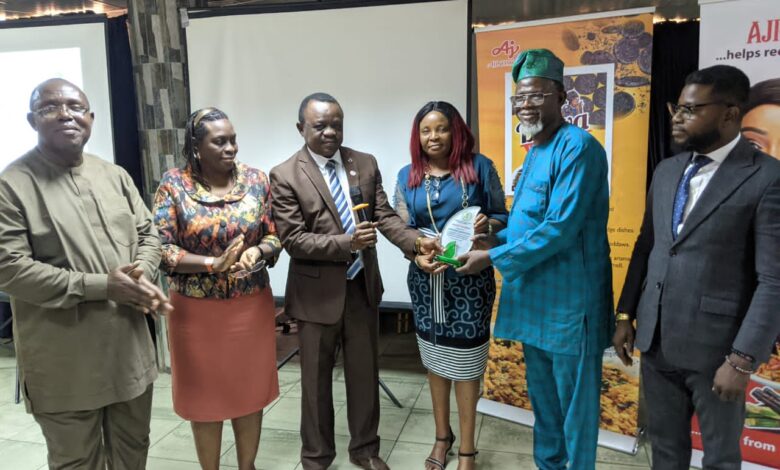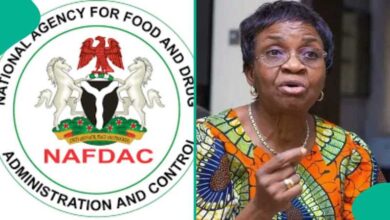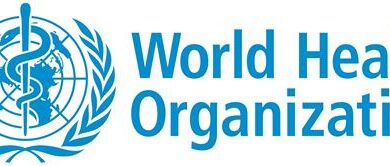Achievement Of Universal Health Coverage: NHIA Calls For Implementation of Mandatory Health Insurance, Stakeholders’ Support

The National Health Insurance Authority (NHIA) has called for the support of all Nigerians including the stakeholders in the nation’s Health sector in ensuring a successful implementation of the mandatory Health Insurance for the achievement of Universal Health Coverage.
Mrs Aisha Haruna Abubakar, the Deputy General Manager and Coordinator, Lagos State Office of NHIA, made the call while speaking on the sub-theme “Achieving Universal Health Coverage Through Mandatory Health Coverage: Role of The National Health Insurance Authority (NHIA)” at the 2022 national Symposium/Awards of the Health Writers Association of Nigeria (HEWAN) held in Lagos recently.
Mrs Abubakar who gave the reasons for the enactment of the National Health Insurance Authority Act 2022 which birthed the introduction of the Mandatory Health Insurance also highlighted the roles of the Agency for the achievement of the Universal Health Coverage as well as the need for all stakeholders to support the initiative.
According to her “The signing into Law of the NHIA Act 2022 by President Muhammadu Buhari GCFR, is historic and it is a milestone achievement.
“It has not only crowned the efforts of the current Management and major stakeholders in the Health Sector but its implementation is strategic to changing the health insurance landscape in Nigeria.
“With the support of critical Stakeholders like you, the achievement of Universal Health Coverage is assured.
“Let us join hands to fulfill the mandate given to us through this instrument of the Law.”
She said the law has also given approval for the establishment of vulnerable group fund which, according to her “Gives hope to 83 million vulnerable Nigerians.
Giving the background of the NHIA Act and its roles to the achievement of the universal health coverage, Mrs Abubakar said “The signing of NHIA Act 2022 bestows the function to promote, integrate and regulate all health insurance schemes that operate in Nigeria; ensure that health insurance is mandatory for every Nigerian and legal resident; enforce the basic minimum package of health services for all Nigerians across all health insurance schemes operating within the country;
Others are promote, support and collaborate with States through State Health Insurance schemes to ensure access to quality healthcare; ensure the implementation of the Basic Health Care Provision Fund as rquired by the National Health Act and grant accreditation and re-accreditation to Health Management Organizations (HMOs), Third Party Administrators (TPAs) and Mutual HealthAssociation (MHAs) and HCFs and monitor their performances.
She said the Act also gives approval for the establishment of the Special State Health Insurance Authority (SSHIA) and Federal Capital Territory Scheme.
“The Act highlights that “Mandatory health insurance for every Nigerian and legal residents. This is to engender the achievement of Universal Health Coverage (UHC) Section 3(b) & 14.
“The Act establishes States and FCT Schemes. This is to strengthen collaboration between NHIA and States for the achievement of Universal Health Coverage Sec 13(1).
“Establishment of a Scheme for the coverage of employees of Ministries, Departments and Agencies (MDAs) in the Federal Civil Service and other relevant groups Sec 13(3).
“Implementation of Basic HealthCare Provision Fund in collaboration with States to achieve Universal Health Coverage Sec 24(1)-(6).
“The Act establishes the Vulnerable Group Fund, identifies the sources of the VGF, disbursement, management, investment and expenses of the fund. The aim is to provide finance to subsidize the cost of provision of healthcare services to vulnerable persons in Nigeria Sections 25, 26, 27, 28, 29, 30.
“Third Party Administrators (TPAs) and Mutual Health
Association (MHAs) are included in the 2022 Act for continuous Quality Assurance, community mobilization and sensitization and any other roles that they are engaged to perform Section 34(4) & 35(1).
“Mediation, Conciliation and Arbitration – where there is a dispute amongst parties under the Act, the dispute shall be first referred to the Authority for
mediation and conciliation in accordance with the Operational Guidelines and when Reconciliation fails, parties may resort to Arbitration Sec 47.”




